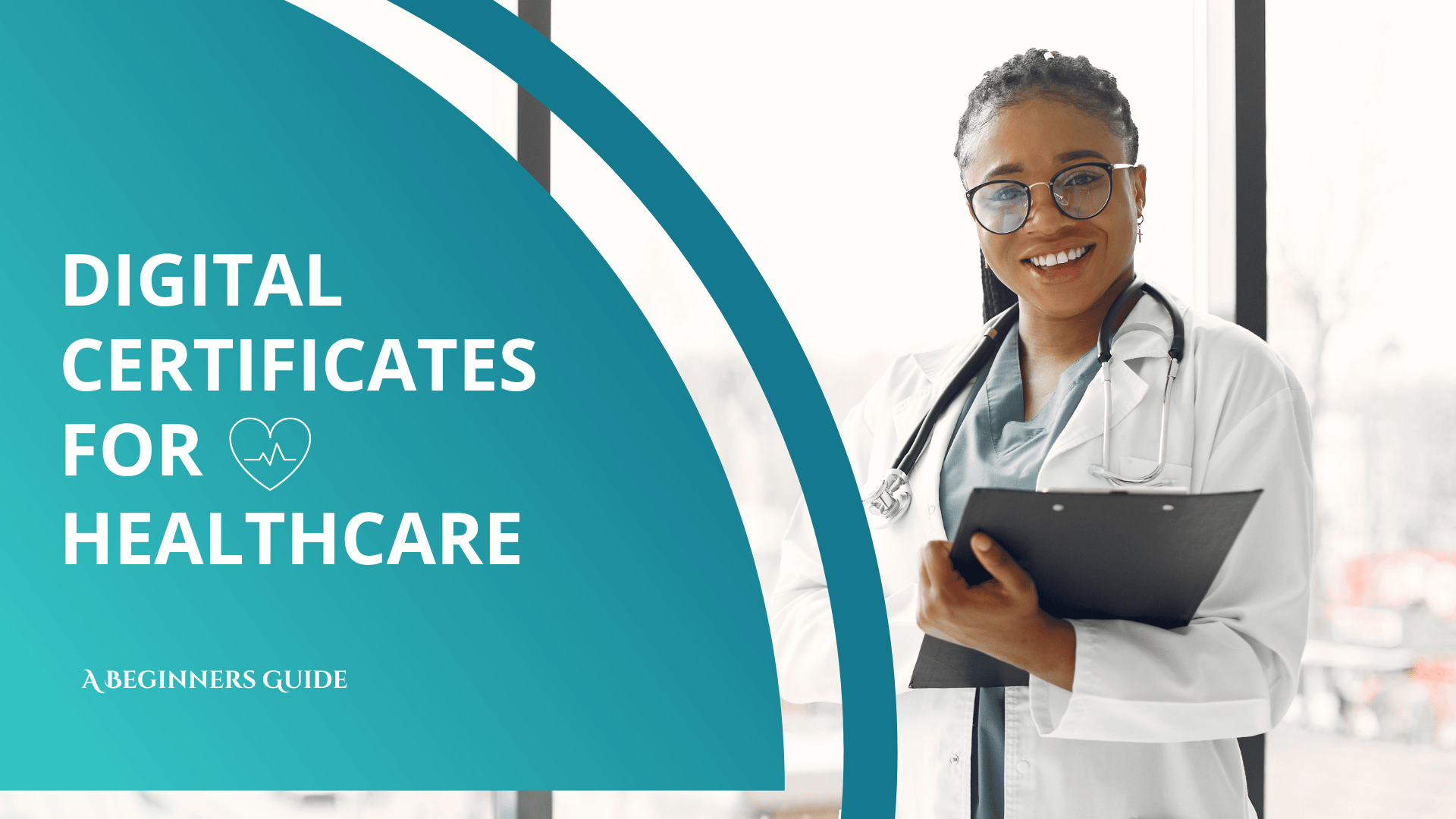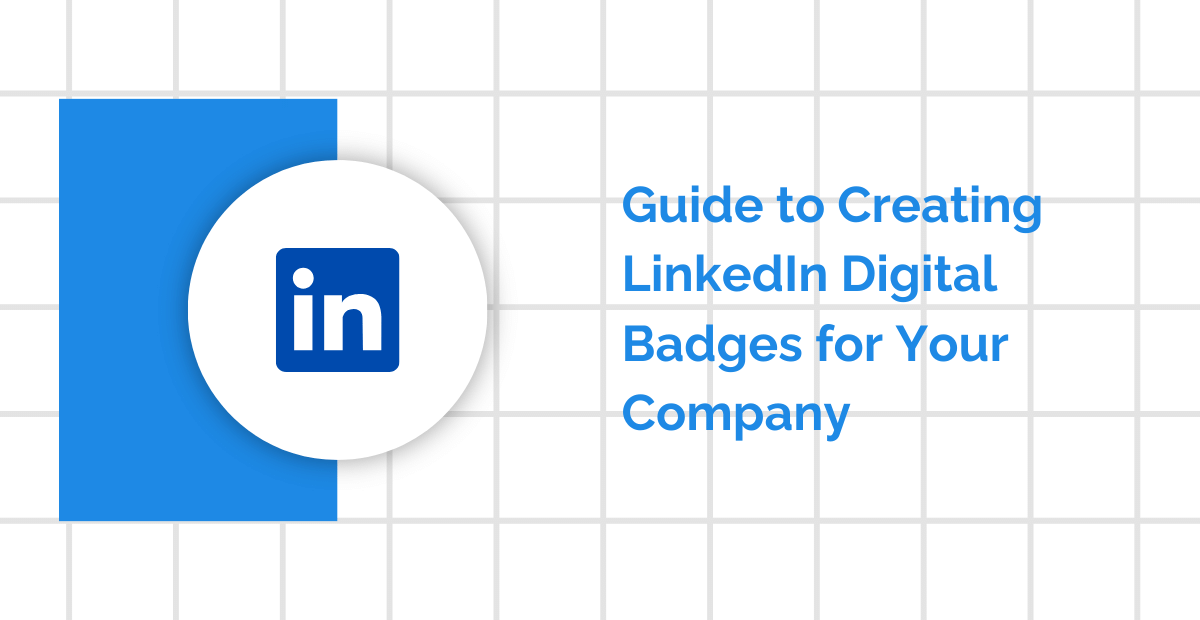Hey there! Imagine if your healthcare facility’s digital security and accreditation were as effortless and effective as your favorite cup of coffee in the morning. That’s the magic of digital health facility certificates. These digital tools are making a huge difference in how healthcare organizations handle security and compliance, simplifying processes and ensuring everything runs smoothly.
If you’re wondering how these certificates work and why they’re so important for today’s healthcare world, you’re in the right place. We’re about to dive into how digital health facility certificates can boost your facility’s security, streamline operations, and keep everything running like a well-oiled machine. Stick with us to find out how these digital wonders can make a real difference in your healthcare setup!
Why Do Digital Health Facility Certificates Matter?
The COVID-19 pandemic threw our healthcare systems into a whirlwind, revealing the critical need for robust digital security and reliable accreditation. As healthcare facilities quickly transitioned to digital systems to manage patient information and coordinate care, the limitations of outdated security measures became glaringly obvious. Data breaches and compliance issues surged, highlighting the urgent need for enhanced protection and adherence to standards.
This crisis underscored the importance of digital health facility certificates in safeguarding sensitive data and ensuring that healthcare operations meet stringent standards. These certificates have become essential for maintaining security and compliance, proving to be invaluable in managing the challenges of the digital age in healthcare.
What Are Digital Health Facility Certificates?
Digital health facility certificates are like high-tech IDs for the healthcare world. They serve as digital credentials that verify the identity of individuals and systems within healthcare settings. This verification is crucial for securing communication between healthcare providers, authenticating users, and ensuring that all data exchanges are both legitimate and protected. Think of these certificates as a digital seal of approval, ensuring that every piece of data and every transaction is handled securely and in compliance with industry standards.
When healthcare facilities use digital certificates, they’re not just adding a layer of security—they’re creating a trusted environment for handling sensitive information. These certificates help to establish a secure connection between systems, preventing unauthorized access and ensuring that any data shared is encrypted and protected. In essence, they act as the digital equivalent of a locked door with a key that only authorized personnel can use.
Key Benefits of Digital Health Facility Certificates
Now that we’ve set the stage, let’s dive into the benefits of having these digital certificates in your corner. Here’s how they can make a real difference:
Enhanced Security
Digital certificates act as the ultimate high-tech security guard for your healthcare facility, featuring two crucial elements: two-factor authentication (2FA) and encryption. 2FA adds an extra layer of security by requiring both a password and a secondary verification method, such as a code sent to your phone, making unauthorized access much more difficult. Meanwhile, encryption acts like a secret code, scrambling your data so that even if it’s intercepted, it remains unreadable without the correct decryption key. Together, these features form a powerful defense, ensuring that sensitive information—whether patient records or treatment plans—stays protected from prying eyes and cyber threats.
In today’s healthcare ecosystem, different sectors require specific digital certifications to meet regulatory and operational standards. Healthcare software platforms, such as electronic health records, telehealth systems, billing solutions, and practice management software for ABA providers, must operate within frameworks like HIPAA for patient data protection, SOC 2 for secure data handling, and ONC requirements for interoperability and compliance. Digital health facility certificates play a critical role in enabling these validations by securing system access, authenticating users, and protecting data exchanges. This layered approach ensures that specialized healthcare solutions remain compliant, trusted, and scalable across diverse care environments.
Streamlined Compliance
Navigating the labyrinth of regulatory requirements can be daunting. Digital certificates act as your guide through this maze by automating compliance processes and reducing the manual workload. They help ensure that your facility consistently meets international standards and requirements without the hassle of extensive paperwork and frequent checks. This efficiency not only helps avoid potential pitfalls but also streamlines your operations, allowing you to focus on delivering quality care rather than getting bogged down by administrative tasks.
Efficient Data Management
Imagine if managing your data was as straightforward as a few clicks. Digital certificates bring that vision to life by automating and securing data exchanges. This means less time spent on tedious administrative tasks and more time devoted to what truly matters: providing excellent care. Partnering with a healthcare app agency can further enhance this efficiency by building customized digital solutions that integrate seamlessly with your existing systems, ensuring smoother workflows, stronger security, and better patient experiences. With streamlined data management, you’ll find it easier to keep everything organized and running smoothly, allowing your team to concentrate on delivering top-notch service to your patients.
Incorporating digital health facility certificates into your operations can transform how you manage security, compliance, and data. For a more secure and efficient healthcare facility, consider a digital health facility certificate download to see these benefits in action.
The Leading Players in Healthcare Digital Certification
Let’s explore the organizations that are leading the charge in healthcare digital certification. These entities are not just following trends—they’re setting the benchmarks and guiding the future of digital security in healthcare worldwide.
EHNAC (Electronic Healthcare Network Accreditation Commission)
EHNAC stands out as one of the premier authorities in healthcare accreditation, renowned for its rigorous standards in data security, privacy, and operational excellence. With a focus on enhancing the overall quality and safety of healthcare data exchanges, EHNAC accreditation signals a commitment to maintaining the highest levels of security and compliance.
Although rooted in U.S. regulations, their comprehensive approach resonates globally, providing a framework that supports international standards in secure and compliant healthcare operations. Being EHNAC-accredited is more than just meeting a checklist—it’s a mark of excellence that signals to the world that your organization takes healthcare data security seriously.
SAFE-BioPharma Association
SAFE-BioPharma is a pivotal organization in the healthcare and life sciences sectors, providing essential frameworks for digital identity and certification. As a non-profit, their mission is to standardize and secure digital identities, making them indispensable in industries that rely heavily on secure digital transactions, such as pharmaceuticals and biomedical research.
SAFE-BioPharma’s standards are recognized globally, facilitating seamless and secure cyber-transactions across borders. Their framework for digital signatures and authentication is akin to having a universal digital passport, ensuring that identity verification and transaction integrity are maintained at the highest levels, no matter where in the world you operate.
TNAP (Trusted Network Accreditation Program)
The Trusted Network Accreditation Program (TNAP) is dedicated to ensuring trust and interoperability in healthcare data exchanges. TNAP accreditation is a testament to an organization’s ability to securely exchange healthcare data, adhering to the strictest standards of data integrity and security.
While it supports specific U.S.-centric regulations like the 21st Century Cures Act and TEFCA, its emphasis on fostering a secure and trusted environment for healthcare data exchange is universally relevant. TNAP acts as a seal of approval, indicating that an organization is fully equipped to handle sensitive healthcare data exchanges with the utmost reliability and security.
Conclusion
And that’s a wrap on our journey through the essentials of digital health facility certificates! We’ve explored how these digital credentials are not just trendy buzzwords but vital tools for ensuring your healthcare operations run securely and smoothly. From safeguarding sensitive data with two-factor authentication and encryption to streamlining compliance and enhancing data management, digital health facility certificates are truly the unsung heroes of modern healthcare security.
As you consider your next steps, remember that investing in a digital health facility certificate isn’t just about staying current; it’s about fortifying your facility against the growing landscape of cyber threats and regulatory demands. Whether you’re looking to secure your data, simplify compliance, or just make your life a bit easier, these certificates are your go-to solution.

 Author :
Author : 




